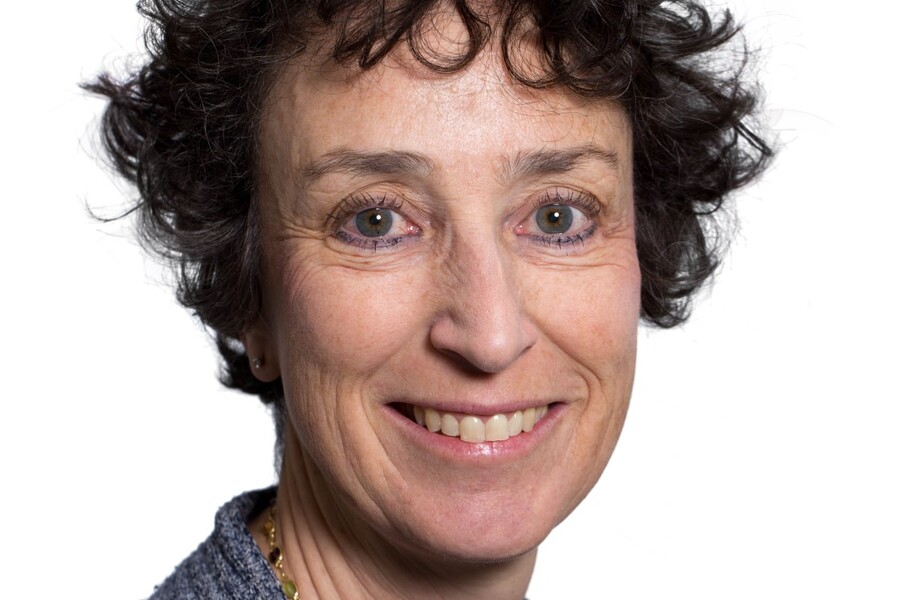The University of Toronto Practice-Based Research Network (UTOPIAN)
Spotlight On: Dr. Michelle Greiver
Dr. Michelle Greiver – a family doctor for over 30 years – is at the frontier in revolutionizing knowledge translation in the healthcare system. “As a practicing physician, I am dedicated to people and am passionate about providing quality care,” says Dr. Greiver, who does not see her patients as patients but as people.
“I became very frustrated with the current healthcare system due to the lack of knowledge translation available”. To better serve the community, “improved communications and systems must be put in place for clinicians to better access information and deliver quality care”, said Dr. Greiver.
This is the mandate of the University of Toronto Practice-Based Research Network (UTOPIAN) – to connect researchers to family care practitioners to answer important healthcare questions and translate findings into daily practice. Currently over 1400 family physicians are part of UTOPIAN. Dr. Greiver leads UTOPIAN as the Director and has plans to grow the network from a patient population of 600,000 to 2 million in the next 5 years. UTOPIAN’s large scale data has the potential to support an impressive scope of research.
Technology – particularly Electronic Medical Records (EMRs) – plays a foundational role in providing better care and improving knowledge translation across the community. EMRs provide physicians with better and timelier access to clinical information. For example, instead of searching through multiple filing cabinets for a patient’s medical history, a physician can easily download imaging reports, medication profiles and laboratory results with a click of a button. In addition, EMRs serve the broader community as clinicians have the ability to run population-based reports that can assist in supporting overall better community health.
Using data extracted from EMRs, Dr. Greiver and her team at UTOPIAN have built a researchable database of de-identified patient records called Safe Haven. “UTOPIAN is all about collaboration. Through Safe Haven we have the data and UTOPIAN provides the connections to help recruit people to research studies that will benefit the population,” says Dr. Greiver. In addition to increasing the Safe Haven database, Dr. Greiver is also looking for more opportunities to collaborate on studies in the primary care community.
The UTOPIAN and TDRA collaboration on the SARTAN-AD Study is an impactful first step in this direction. The study compares the ability of two approved medications for high blood pressure to slow down the progression of Alzheimer’s disease. In addition, UTOPIAN is deeply engaged with Diabetes Action Canada. Together their goal is to actively involve people living with diabetes when designing and implementing research. Learn more on UTOPIAN’s efforts in practiced-based research.
While Rome wasn’t built in a day, Dr. Greiver understands that knowledge translation take time and the biggest challenge might just be that implementing change to an existing system is very difficult. Perhaps the key to implementing this “diffusion of innovation”, as Dr. Greiver describes knowledge translation to be, is to foster and encourage change agents to come forward. At the end of the day, knowledge translation is all about communication and the change agent is someone influential who has the ability to efficiently and effectively communicate to people who can implement change into practice.
The TDRA is very fortunate to work with a vast spectrum of leaders and change agents in the fields of education, research, brain medicine, psychology, family care and beyond. We invite you to visit our blog regularly to learn more on the many outstanding individuals part of the TDRA.

